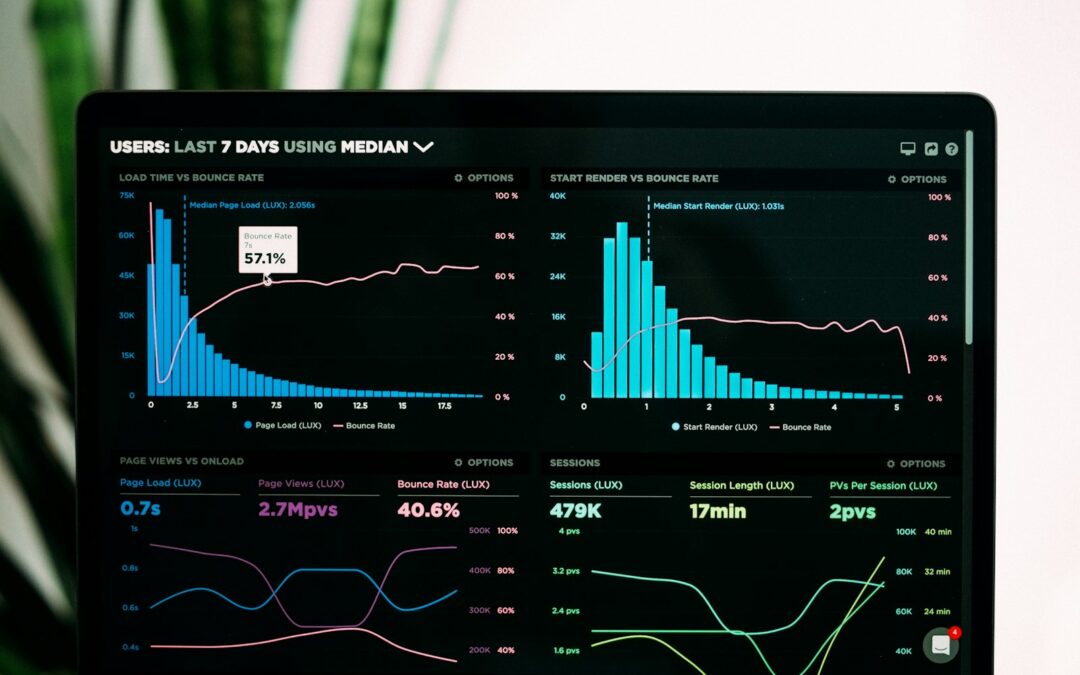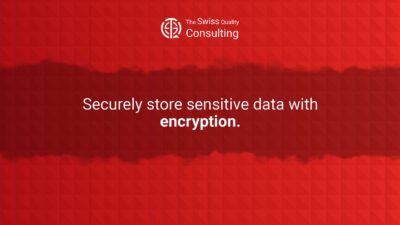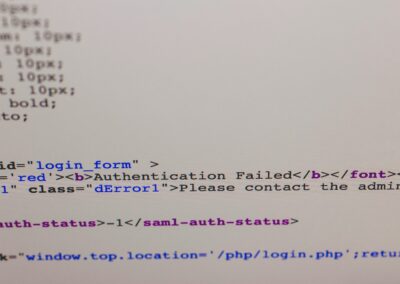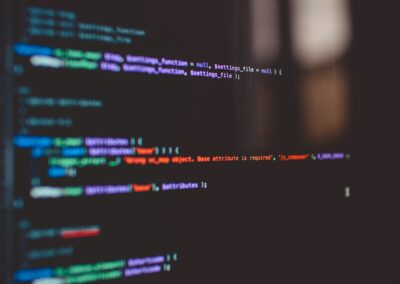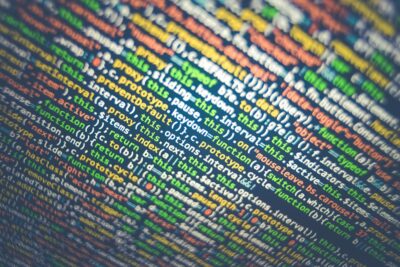Protecting Privacy and Security Through Effective Data Anonymization Techniques
The Role of Data Anonymization in Enhancing IoT Security
Data Anonymization in IoT Networks is increasingly recognized as a critical strategy for protecting sensitive information in a world where interconnected devices are ubiquitous. In regions like Saudi Arabia and the UAE, where digital transformation is a key driver of economic growth, the integration of IoT devices across various sectors has introduced new challenges related to data privacy and security. IoT devices collect and transmit vast amounts of data, much of which can be sensitive in nature, such as personal identifiers, health information, or financial details. The risk of this data being exposed or misused is a significant concern for businesses, making data anonymization a necessary tool in their cybersecurity arsenal.
Data anonymization involves transforming data in a way that removes or obfuscates personal identifiers, ensuring that the information cannot be traced back to an individual or a specific entity. This process is essential in IoT networks where data flows continuously between devices, cloud servers, and other systems, often without direct human oversight. By anonymizing data, businesses can mitigate the risks associated with data breaches, unauthorized access, and compliance violations. For companies operating in Riyadh and Dubai, where the protection of customer data is not only a legal obligation but also a competitive advantage, implementing effective data anonymization techniques is crucial for maintaining trust and avoiding reputational damage.
Furthermore, the application of data anonymization in IoT networks supports broader business objectives related to risk management and operational continuity. In an environment where cyber threats are increasingly sophisticated, and regulations around data privacy are becoming stricter, anonymization provides a layer of security that helps businesses navigate these challenges. By anonymizing sensitive information, companies can continue to innovate and leverage IoT technologies while minimizing the potential impact of data breaches. This approach not only enhances the security of IoT networks but also strengthens the overall resilience of the organization.
Effective Methods for Data Anonymization in IoT Networks
To ensure robust Data Anonymization in IoT Networks, businesses must employ effective techniques that are suited to the specific characteristics and requirements of IoT environments. One of the most commonly used methods is pseudonymization, which replaces personal identifiers with artificial identifiers, or pseudonyms. This technique allows for the data to be analyzed and used without exposing the identities of individuals. In IoT networks, where data is often collected and processed in real-time, pseudonymization offers a balance between privacy protection and data utility, enabling businesses in Saudi Arabia and the UAE to derive valuable insights from their IoT data without compromising security.
Another effective technique is data masking, which involves altering data elements to hide sensitive information while maintaining the structure and usability of the data. Data masking can be particularly useful in scenarios where data needs to be shared across different departments or with third-party service providers. For instance, in healthcare IoT networks, data masking can protect patient information while allowing researchers and analysts to work with the data. By applying data masking techniques, businesses in Riyadh and Dubai can ensure that their IoT data remains secure even when it is accessed by external entities, thereby reducing the risk of data breaches and ensuring compliance with data protection regulations.
In addition to pseudonymization and data masking, differential privacy is another method that is gaining traction in the field of data anonymization. Differential privacy introduces noise to the data in such a way that the results of data analysis do not reveal any specific individual’s information. This method is particularly well-suited for large-scale IoT networks, where the sheer volume of data can make traditional anonymization techniques less effective. By implementing differential privacy, businesses can protect sensitive information while still enabling accurate and reliable data analysis. In regions like Saudi Arabia and the UAE, where IoT applications are rapidly expanding, adopting differential privacy can provide a robust solution for managing the privacy risks associated with IoT data.
The Strategic Importance of Data Anonymization for Business Success
Implementing Data Anonymization in IoT Networks is not only a technical necessity but also a strategic imperative for business success. In today’s interconnected world, where data is a critical asset, the ability to protect sensitive information while still leveraging the full potential of IoT technologies is a key differentiator for businesses. For executives and managers in Saudi Arabia and the UAE, adopting effective data anonymization techniques is a reflection of their commitment to cybersecurity, customer privacy, and regulatory compliance. This proactive approach to data protection not only mitigates the risks associated with data breaches but also enhances the company’s reputation as a trusted leader in the digital economy.
Moreover, the insights gained from anonymized IoT data can inform strategic decision-making across the organization. By analyzing anonymized data, businesses can identify trends, optimize operations, and develop new products and services, all while ensuring that sensitive information remains protected. In the competitive markets of Riyadh and Dubai, where innovation and agility are crucial for success, the ability to securely harness IoT data provides a significant advantage. This approach aligns with broader business goals related to digital transformation, customer engagement, and operational efficiency.
In conclusion, the role of Data Anonymization in IoT Networks extends far beyond compliance; it is a fundamental aspect of business strategy in the digital age. For companies operating in Saudi Arabia, the UAE, and beyond, implementing effective data anonymization techniques is essential for protecting sensitive information, maintaining customer trust, and achieving long-term success. By adopting methods such as pseudonymization, data masking, and differential privacy, businesses can safeguard their IoT networks, support innovation, and build a resilient organization capable of thriving in the face of evolving cybersecurity challenges.
—
#DataAnonymization #IoTSecurity #Cybersecurity #BusinessSuccess #SaudiArabia #UAE #Dubai #Riyadh #ArtificialIntelligence #Blockchain #ExecutiveCoaching #ProjectManagement

